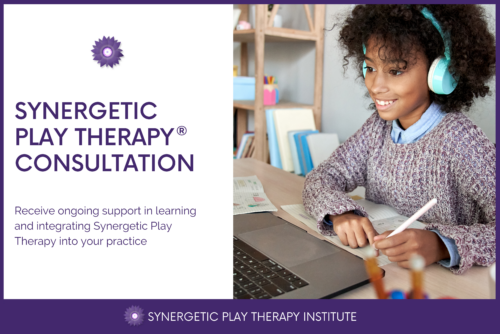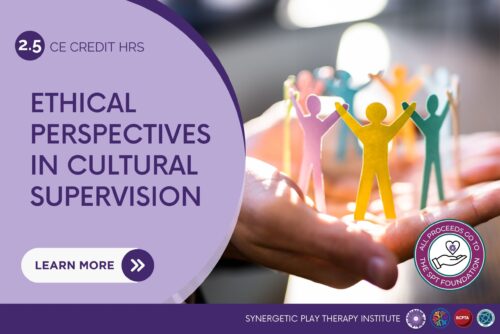Get $100 USD OFF until July 11th, 2025, when you use the Early Bird coupon code Sydney100 at checkout!
For the first time ever, Lisa Dion is taking The Business of Therapy course international! Join Lisa September 6th-8th, 2025, in beautiful Sydney, Australia! This course will be held at the Hilton Sydney in Sydney's central business district.
Hear what past The Business of Therapy participants have to say about the course in the video below!
We are also bringing back the exclusive VIP Experience!
First offered in 2024 in New Orleans, Louisiana, USA, 20 attendees on a first-come-first-serve basis will have the chance to join Lisa for 4 additional hours on the final day of the course and dive into more invaluable insights - Lisa will personally guide you through a series of exercises designed to fine-tune your plans and propel you toward success!
The VIP pass also comes with special surprises along the way, focused time with Lisa, and, to top it off, a night out in Sydney together (should you wish to join)! Lisa will also be hosting a virtual "meet and greet" for VIPs only prior to the first day of the course to share details about the VIP Experience and begin to discuss your goals!
"Attending The Business of Therapy has been nothing short of transformational for my business journey year after year! [In 2024] I joined the VIP experience, and WOW, it was a total game-changer! The extra time with Lisa provided invaluable clarity, awareness, and direction for my business path. I left feeling inspired, laser-focused, and ready to take bold, strategic action." - Liliana Baylon
Keep scrolling for course details such as the course cost, the course schedule, learning objectives, and more!

























